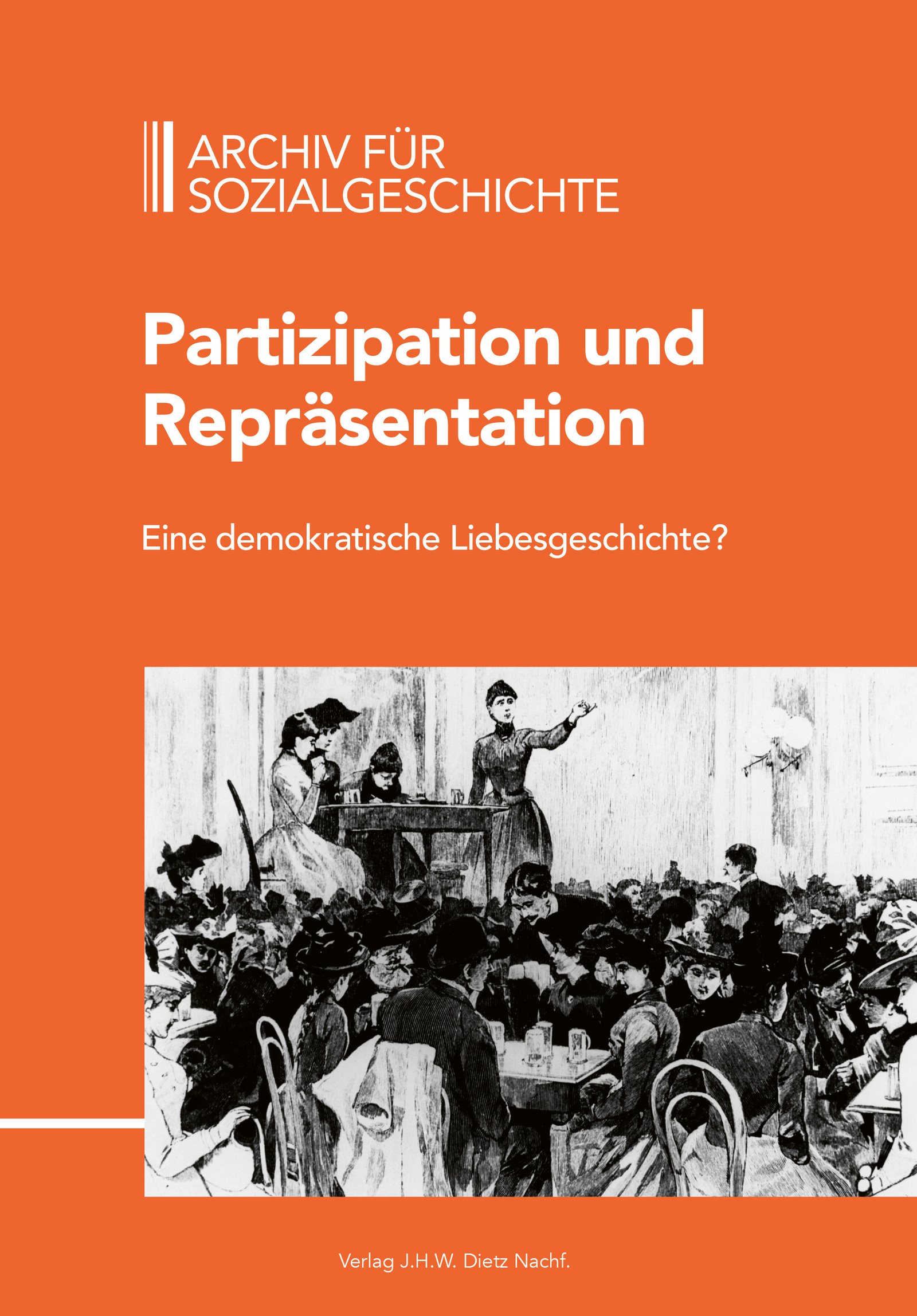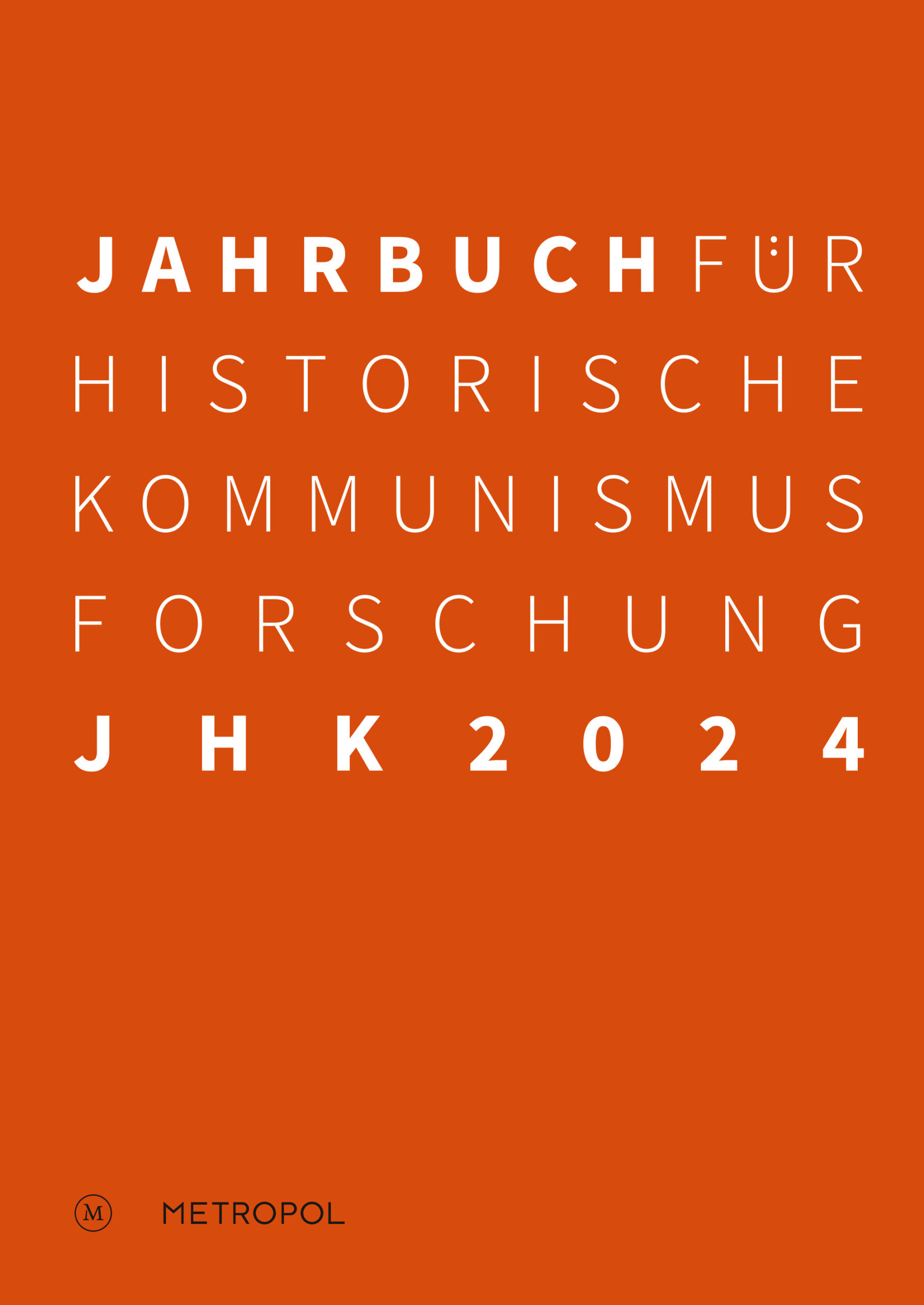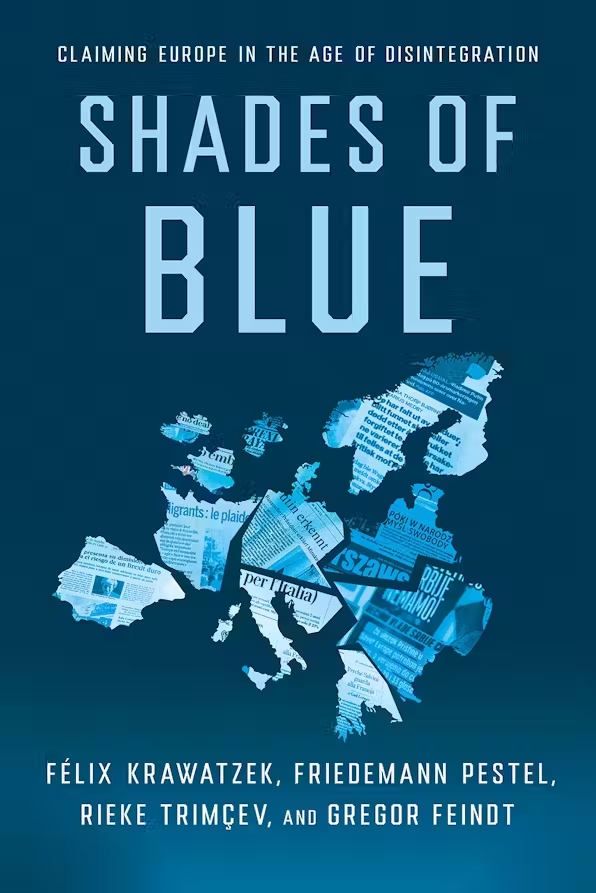Andreas Eder

PhD Student
Albert-Ludwigs-Universität Freiburg
Department of History
Rempartstraße 15
79085 Freiburg
Email: andreas.eder@posteo.de
CV
| since July 2019 | PhD Student, supervisor: Prof. Dr. Jörn Leonhard |
| 2016 | student research assistant, Centre of Islamic Studies, Faculty of Asian & Middle Eastern Studies at the University of Cambridge |
| 2015–2016 | M.Phil. Modern European History, University of Cambridge |
| 2015 | student research assistant, PD Dr. Sonja Levsen, Department of History, University of Freiburg |
| 2014–2015 | student research assistant, PD Dr. Isabelle Deflers and Chair of Modern History, Department of History, University of Freiburg |
| 2013–2014 | Erasmus assistant, Department of History, University of Freiburg |
| 2012–2013 | Erasmus, University of Durham |
| 2012–2014 | student research assistant, Chair of Modern History, Department of History, University of Freiburg |
| 2011–2012 | student research assistant, Department of Ancient History, University of Freiburg |
| 2010–2015 | B.A. Modern History, Sociology, University of Freiburg |
Scholarships, Awards, Fellowships
| 2020–2022 | PhD scholarship, German Academic Scholarship Foundation |
| 2022 | Junior Research Fellowship, German Historical Institute London |
| 2015–2016 | student grant, German Academic Exchange Service |
| 2015 | research grant, Freiburg Global Exchange Programme, Jesus College, University of Oxford |
| 2014–2017 | student grant, German Academic Scholarship Foundation |
| 2012–2013 | Erasmus |
PhD Project
Untruths and Falsehoods. Discussing Political Lies in Germany and the United Kingdom 1880-1914
The PhD Project examines discussions about political lies, accusations of lying, and debates in parliaments, courtrooms, and during election campaigns about the importance of truth in politics. It understands lies and the insinuation of lies as verbal actions against political opponents. It further investigates the attempts to prevent or punish lies in political contexts. The project examines the forms, functional use and consequences of using lies in this sense as a political attack in its own right. This includes reflection on all untruths and false statements, which were characterised as deliberate and purposeful and debated by contemporaries using various terms. The project positions itself in the context of new historical political research, new cultural political history and research on insult and invectics in historical perspective.
The project looks at the German Empire and the United Kingdom between 1880 and 1914. During that transition phase, different ways of dealing with imputed lies developed in both countries. That showed itself, for example, in legislation and new election campaigns on a national level. In multiple case studies the project analyses the effects on dealing with lies of the changes in politics and political communication at the end of the 19th century. It examines electoral contests, libel suits, committees of enquiries on elections and debates on the lying in political manuals and journals. The various processes of investigating electoral contests will be of particular interest as contemporaries used these to question the legitimacy of political office-holders. These public conflicts about lies illustrate the threshold of political








